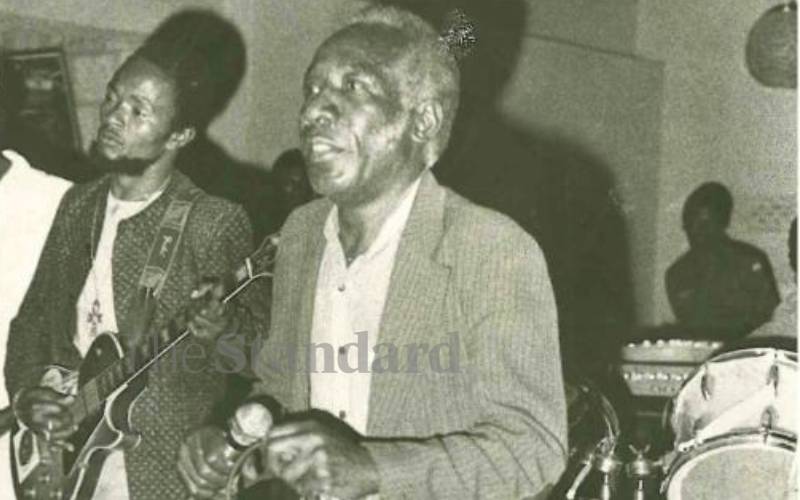×
The Standard e-Paper
Stay Informed, Even Offline

Daudi Kabaka was referred to as the ‘King of Twist’ after founding the African Twist genre. [File, Standard]
On this day, two decades ago, Kenya’s musical icon Daudi Kabaka went to sing with the angels.